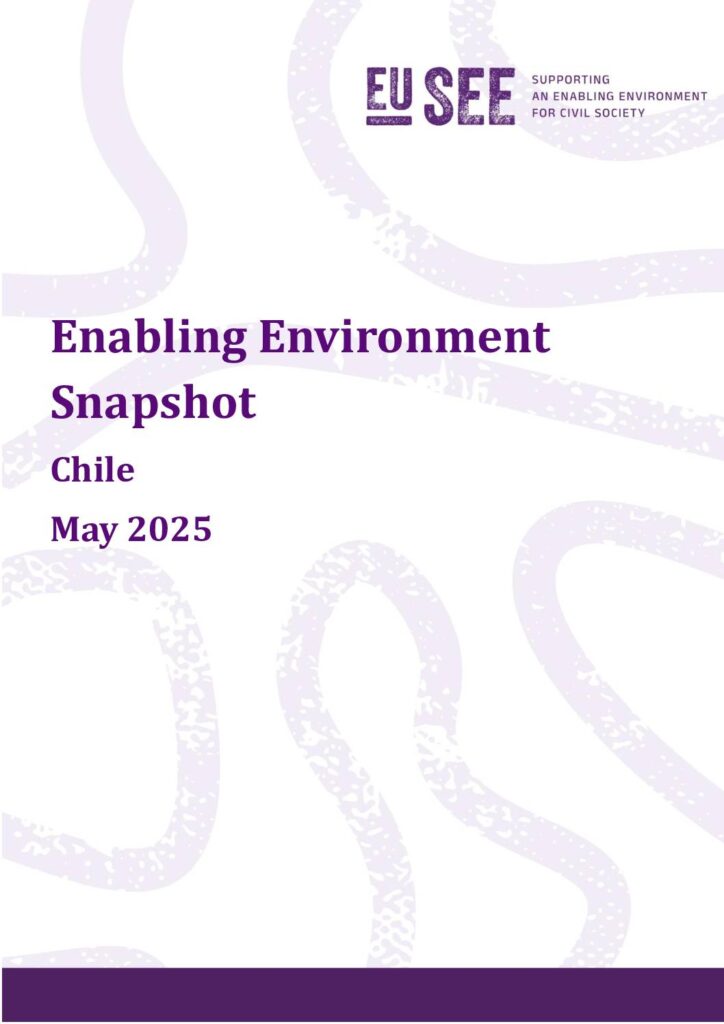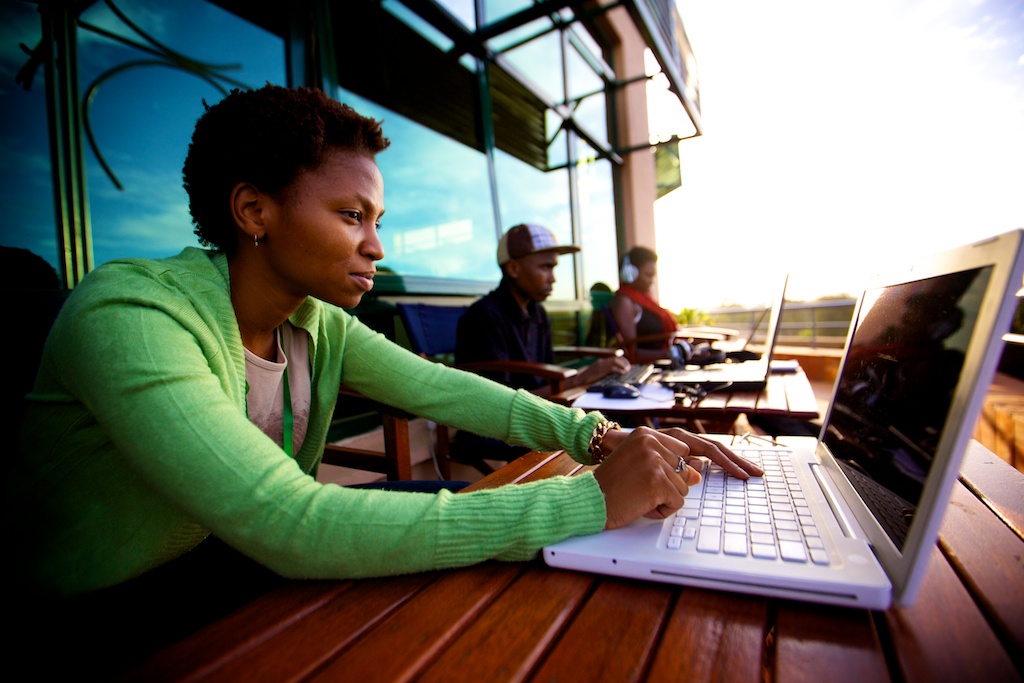In the first period of 2025, Chile’s civil society operated within a mixed and evolving landscape. While fundamental freedoms are constitutionally protected, their enforcement remains uneven—requiring continued monitoring.
Police repression of protests persists, and discrimination against LGBTIQ+ individuals has risen sharply, limiting their civic engagement. Chile maintains a generally supportive legal framework for civil society, though challenges in transparency and digital regulation—while not yet structurally disruptive—warrant close monitoring. Progress includes the advancement of the National Care System bill, driven by women-led organisations, and legislative efforts to increase women’s political representation. However, Indigenous and LGBTIQ+ groups remain significantly underrepresented.
Funding remains a challenging issue, especially after the “Caso Convenios” scandal, which damaged public trust and added bureaucratic burdens to civil society organisations. Nonetheless, state-supported initiatives such as the 2025 Fund for Public Interest Organisations continue to provide key resources.
Digital security is a growing concern: Chile faced over 6 billion cyberattacks in 2024. Despite policy improvements, journalists and activists remain vulnerable to online threats and disinformation.
Ahead of the November 2025 presidential and parliamentary elections, civil society must navigate both risks and promising openings to shape the country’s democratic trajectory.

